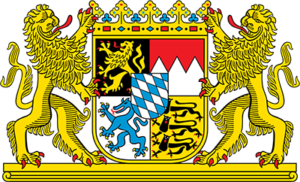Cancer immunotherapy – first outpatient CAR-T-cell therapy
A new study at the Medical Clinic III opens up new options. Cancer specialists at the LMU Clinic Munich are taking a new direction by treating patients with CAR-T-cell therapy: The immuno-task force team at the LMU Clinic is now the first team in Germany and Europe to administer CAR-T-cells in an outpatient setting. Whether outpatient administration can establish itself as a standard procedure has yet to be tested in the ongoing study at the Medical Clinic III under the direction of Prof. Dr. Marion Subklewe.
July 2021

© LMU Clinic
Prof. Dr. Marion Subklewe and Dr. Christian Schmidt are investigating outpatient CAR-T-cell therapy.
The aim of this new type of immunotherapy, which uses genetically modified T-cells, is to recognize and destroy cancer cells. So far, CAR-T-cells have mainly been used to treat patients who no longer respond to the usual treatment methods. The therapy has been used successfully at the LMU Clinic for more than two years. Around 60 patients with leukemia (blood cancer) and lymphoma (lymph gland cancer) have now been treated in this way.
How does the CAR-T-cell therapy work?
CAR-T stands for “chimeric antigen receptor in T-cells”. T-cells are cells of the immune system. Cancer cells evade the “normal” attack attempts of these cells using various molecular tricks. In the course of a therapy, T-cells taken from the patient are genetically engineered so that they produce a certain protein on their surface – the chimeric antigen receptor. When the CAR-T-cells are injected into the patient’s body, the new receptor ensures that the CAR-T-cells recognize and specifically bind to the cancer cells. The cancer cells then die – in other words, the patient’s immune system fights the cancer cells on its own.
“The outpatient CAR-T-cell therapy is an important step in making this new form of therapy available to even more patients. So far, however, outpatient therapy is reserved for study patients. Certainly, it will still take some time until outpatient administration has become a standard procedure.”
Prof. Dr. Marion Subklewe
Head of the study for the new outpatient CAR-T-cell therapy at the LMU Munich Clinic
New outpatient approach being tested
Until now, this therapy required an inpatient stay of several weeks. Now the team around Prof. Marion Subklewe from the Medical Clinic III would like to establish this therapy in an outpatient setting. However, only certain cancer patients are currently eligible for this. These patients are examined in advance according to defined medical criteria and selected for outpatient CAR-T-cell therapy as part of a clinical study. Outpatient means that patients can go home on the same day that the genetically modified cells are administered. A special team from the immuno-task force at the Medical Clinic III takes care of outpatient (follow-up) care and monitoring. The study setting imposes certain requirements: In the first few weeks, the patient comes to the clinic every day. If they are stable and can tolerate the therapy without any side effects, telephone monitoring takes effect from the 3rd week, in addition to less frequent visits to the clinic. “Such interconnected outpatient care would hardly have been conceivable just a few years ago. In the age of widespread networking through smart phones and video telephony, however, telemedical approaches for intensive all-round care of patients in an outpatient setting are now possible,” says Dr. Christian Schmidt from the Study Center for Hematology at the Medical Clinic III. In the future, one can also imagine other innovative solutions for patient communication, for example using special smart phone apps.
For emergencies or if side effects occur, a special telephone number is available where the immuno-task force team can be reached 24 hours a day. In addition, the patient’s partner is also involved in the therapy and is trained in advance by the medical team. The patients keep a diary where they document their physical condition every day. This information is also included in the study evaluation.




